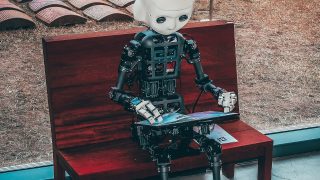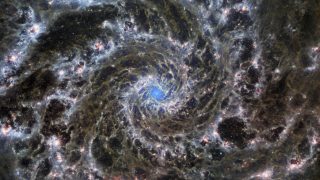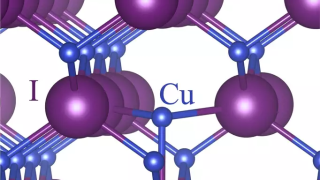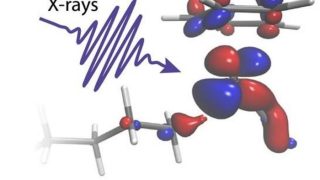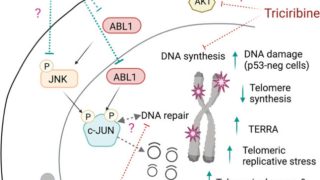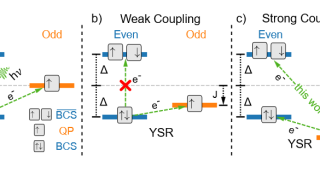
Groundwater pumping alters Earth’s spin
According to a recent study , humans have displaced a significant volume of water from the ground and relocated it, resulting in an Earth shift of approximately 80 centimetres (31.5 inches) eastward solely between 1993 and 2010. According to prior climate models, researchers had initially estimated that humans extracted around 2,150 gigatons of groundwater between […]
